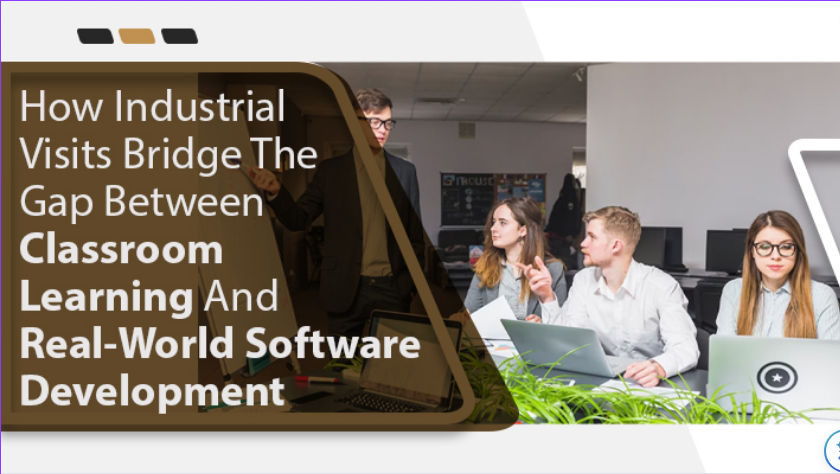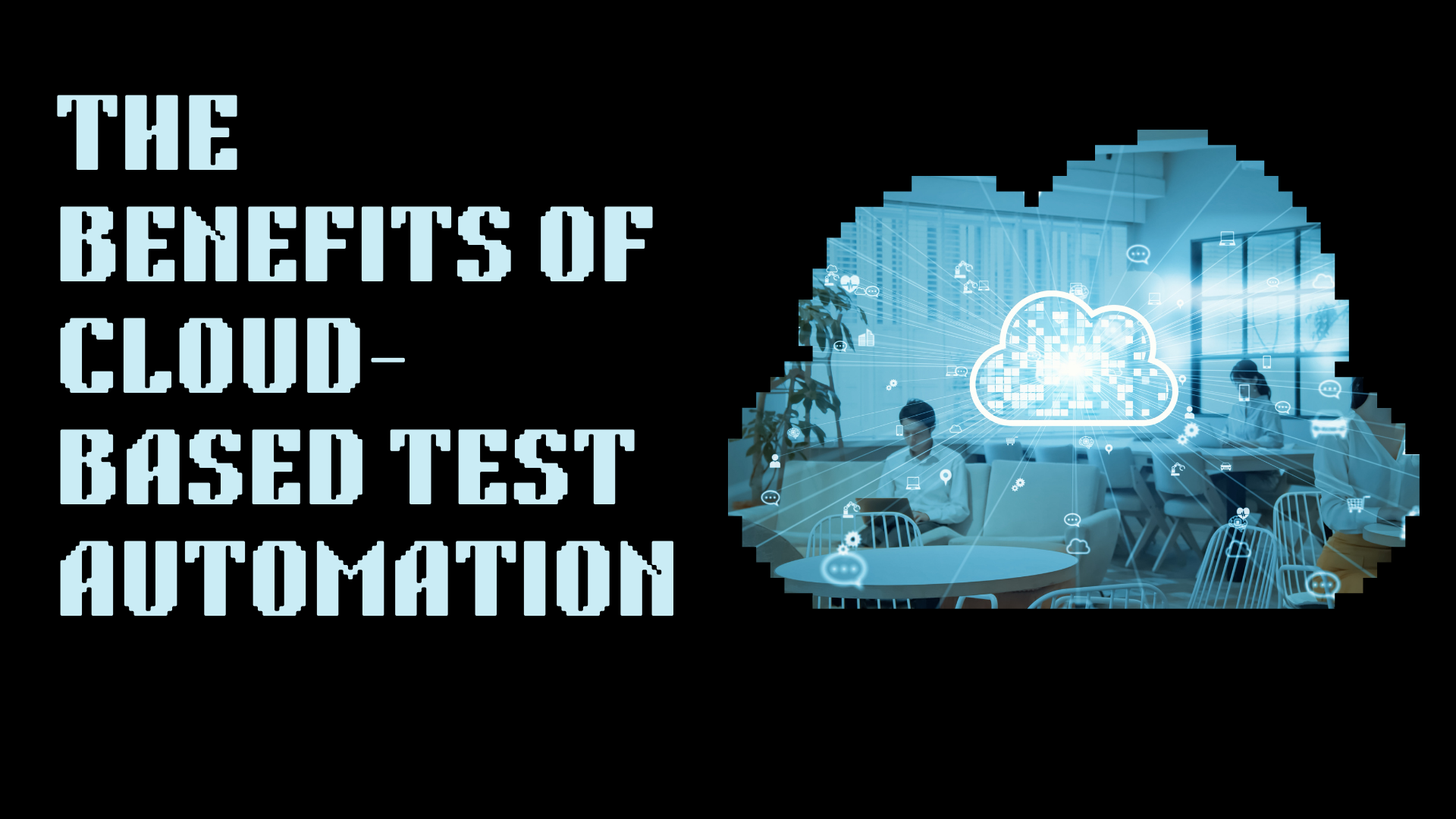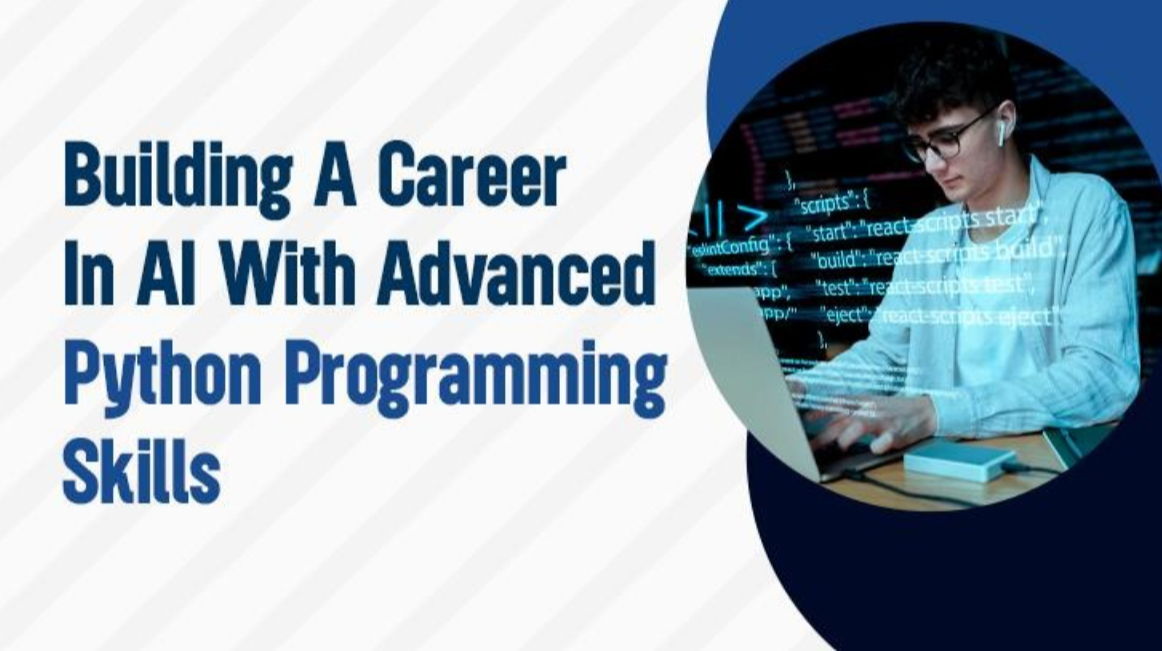What is Industrail Visit
An industrial visit for software students is an educational excursion to technology companies, software development firms, or IT organizations. This experience is designed to expose students studying software engineering, computer science, or related fields to the practical aspects of the software industry.
Industrial visits serve as a crucial bridge between the theoretical knowledge acquired in the classroom and the practical application of that knowledge in the real world. This holds particularly true for software students, who often find themselves grappling with complex coding problems, algorithms, and theories in their academic courses. In this article, we will explore the significance of industrial visits in helping software students transition from the classroom to the dynamic and demanding realm of real-world software development.
Understanding the Gap
Theoretical Foundations
In the classroom, software students are exposed to a plethora of programming languages, algorithms, data structures, and software development methodologies. They learn the fundamental principles of software engineering, including software design patterns, software testing, and project management. However, this knowledge often remains abstract until it encounters real-world challenges.
Real-World Complexities
Real-world software development is rarely as straightforward as classroom exercises. It involves dealing with large and complex codebases, integrating multiple systems, adhering to strict deadlines, collaborating with cross-functional teams, and responding to ever-evolving client requirements. Moreover, software engineers must grapple with issues related to scalability, security, and maintainability, which are not always adequately covered in academic settings.
The Role of Industrial Visits
Experiential Learning
Industrial visits offer software students a unique opportunity for experiential learning. By visiting software development companies and witnessing the daily routines of software engineers, students can gain a firsthand understanding of how the theoretical concepts they've learned are applied in practice. This exposure is invaluable in making the transition from theory to practice.
Real-World Projects
During industrial visits, students often have the chance to observe and sometimes even participate in ongoing software development projects. This exposure provides insights into the complexities of real-world projects, including the use of version control systems, issue tracking tools, and collaboration platforms. It also allows students to see how various programming languages and technologies are employed to solve complex problems.
Interaction with Industry Experts
Meeting and interacting with industry experts is another crucial aspect of industrial visits. Students can engage in discussions with experienced software engineers, project managers, and quality assurance professionals. These interactions enable students to ask questions, seek advice, and gain insights that go beyond what textbooks and lectures can offer.
Bridging the Gap: Key Benefits of Industrial Visits
1. Practical Application of Concepts
One of the primary benefits of industrial visits is that they enable students to witness the practical application of the concepts they've learned. Whether it's seeing how design patterns are implemented or how software testing is conducted in a real project, students can connect the dots between theory and practice.
2. Exposure to Diverse Technologies
Industrial visits often involve exposure to a wide range of technologies and tools. Students can explore how different programming languages, frameworks, and development environments are used in various projects. This exposure helps them become more versatile and adaptable as future software professionals.
3. Understanding Project Lifecycles
Real-world software projects have lifecycles that extend beyond coding. Students can learn about project planning, requirements gathering, design, coding, testing, deployment, and maintenance phases during their visits. This holistic understanding prepares them for the multifaceted nature of software development.
4. Team Collaboration
Effective teamwork is essential in the software industry. Through industrial visits, students can witness how cross-functional teams collaborate on projects. They can observe how communication, coordination, and problem-solving occur in a real-world work environment.
5. Problem-Solving Skills
Real-world software development often involves tackling complex problems and overcoming challenges. Students can learn problem-solving skills by observing how experienced professionals approach and resolve issues they encounter during the development process.
6. Soft Skills Development
In addition to technical skills, industrial visits also emphasize the importance of soft skills such as communication, teamwork, and professionalism. Students can see how these skills are put into practice in a corporate setting.
Case Studies: Real-Life Experiences
To illustrate the impact of industrial visits on bridging the gap between classroom learning and real-world software development, let's explore a few case studies.
Case Study 1: From Code to Product
During an industrial visit to a software startup, students were exposed to the journey of a software product from ideation to market launch. They learned how market research, user feedback, and iterative development played crucial roles in shaping the product. This experience highlighted the importance of customer-centric thinking and adaptability.
Case Study 2: Quality Assurance in Action
In another industrial visit to a quality assurance (QA) department of a software company, students witnessed the meticulous testing processes used to ensure the reliability and robustness of software products. They learned about test planning, test case creation, and the use of automation tools. This firsthand experience deepened their understanding of the QA phase in software development.
Case Study 3: Agile Development in Practice
During a visit to a software consultancy, students observed an agile development team in action. They saw how sprint planning, daily stand-up meetings, and continuous integration and delivery (CI/CD) pipelines were used to manage projects efficiently. This exposure highlighted the benefits of agile methodologies in adapting to changing project requirements.
Challenges and Opportunities
While industrial visits offer numerous benefits, they also present certain challenges and opportunities for improvement.
Challenges
a. Limited exposure: The scope of industrial visits may be limited to specific aspects of software development or technologies, potentially leaving gaps in students' knowledge.
b. Company-specific practices: Students may encounter practices that are unique to a particular company, which may not always align with industry standards.
c. Lack of follow-up: Industrial visits are often one-time events, and there may be limited opportunities for ongoing engagement and learning.
Opportunities for Improvement
a. Structured post-visit activities: Institutions can implement post-visit assignments, discussions, or projects to ensure that students reflect on their experiences and apply what they've learned.
b. Collaboration with multiple companies: Visiting a variety of companies with different focuses and technologies can provide a more comprehensive understanding of the software industry.
c. Integration into the curriculum: Industrial visits can be integrated into the curriculum as a recurring component, ensuring that all students have the opportunity to participate.
Conclusion
Industrial visits play a pivotal role in bridging the gap between classroom learning and real-world software development. They offer students a chance to witness the practical application of their knowledge, expose them to diverse technologies and methodologies, and provide insights into the challenges and complexities of the software industry. While challenges exist, institutions and students can maximize the benefits of these visits through structured follow-up activities and a broader range of company visits. By leveraging industrial visits effectively, software students can better prepare themselves for successful careers in the dynamic and ever-evolving field of software development.





Leave a reply